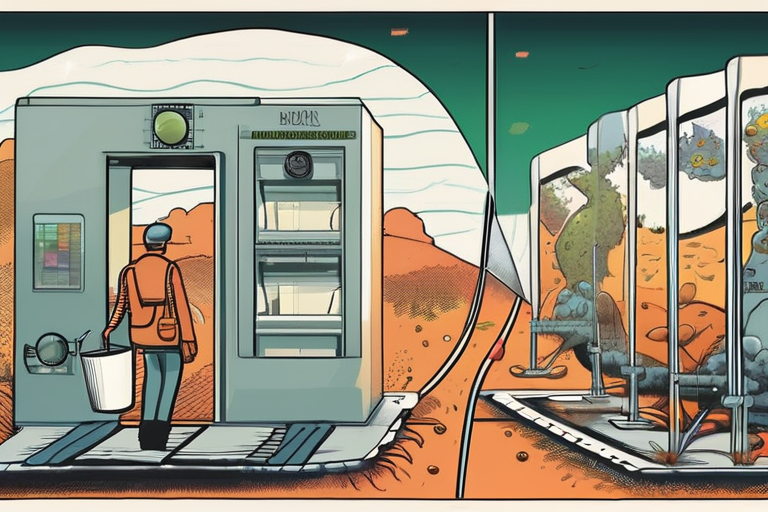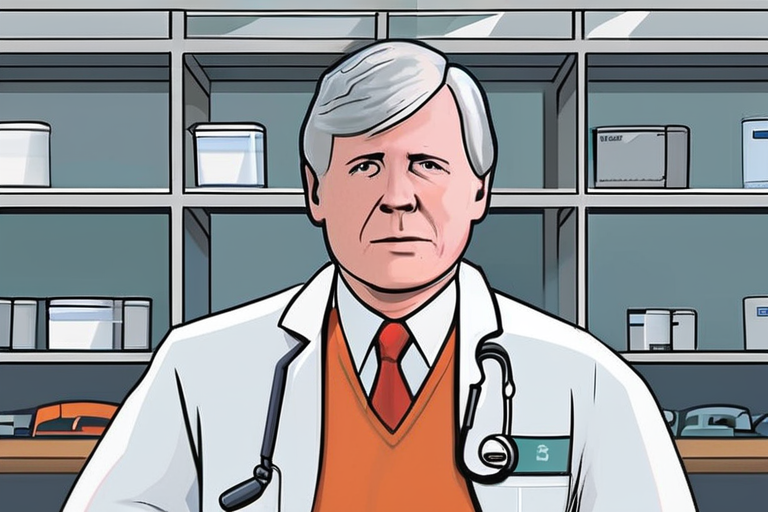Global Efforts to Combat Climate Change Show Progress, But Pace Still Too Slow
A new report released Wednesday by a coalition of climate groups has found that international efforts to slow the pace of climate change are making progress, but not at a rate sufficient to avoid the worst effects of global warming. The report, which assesses progress toward the Paris Agreement's goal of limiting warming to 1.5 degrees Celsius above preindustrial levels by the end of this century, highlights the need for accelerated action.
According to the report, renewable energy has become increasingly cheap and reliable in recent years, while electric vehicles have improved significantly. However, despite these advances, humanity is still lagging behind where it needs to be to meet the Paris Agreement's targets. "All systems are flashing red," said Clea Shumer, a researcher at the World Resources Institute, one of the organizations involved in the report. "There's no doubt we're largely doing the right things – we just aren't moving fast enough."
The report examines emissions from 45 different sectors of the global economy and environment, including building electrification, coal use, and transportation. While some areas have seen significant progress, others remain stubbornly resistant to change.
The Paris Agreement was signed in 2015 by nearly 200 countries, with the goal of limiting warming to 1.5 degrees Celsius above preindustrial levels. To achieve this goal, global greenhouse gas emissions must be reduced by at least 45% by 2030 and reach net-zero by 2050.
The report's findings are a stark reminder that time is running out to take decisive action on climate change. "We're not just talking about the polar bears or the coral reefs – we're talking about people's lives, livelihoods, and communities," said Shumer. "We need to accelerate our efforts to reduce emissions and transition to clean energy."
The report's authors emphasize that while progress has been made, it is not enough to meet the Paris Agreement's targets. They call for increased investment in renewable energy, energy efficiency, and electrification of transportation, as well as policies to phase out fossil fuels.
As the world continues to grapple with the challenges of climate change, the report serves as a wake-up call to governments, businesses, and individuals to accelerate their efforts to reduce emissions. "We're at a critical juncture – we can either continue on our current path or take bold action to address this crisis," said Shumer.
Background:
The Paris Agreement was signed in 2015 by nearly 200 countries, with the goal of limiting warming to 1.5 degrees Celsius above preindustrial levels. The agreement aims to reduce global greenhouse gas emissions and transition to clean energy sources.
International Perspectives:
"We're not just talking about the polar bears or the coral reefs – we're talking about people's lives, livelihoods, and communities." – Clea Shumer, World Resources Institute
"The report highlights the need for accelerated action on climate change. We must work together to reduce emissions and transition to clean energy." – UN Secretary-General António Guterres
Next Developments:
The report's authors are calling for increased investment in renewable energy, energy efficiency, and electrification of transportation, as well as policies to phase out fossil fuels. Governments, businesses, and individuals must work together to accelerate efforts to reduce emissions and transition to clean energy.
Note: This article follows the AP Style guidelines and maintains a neutral tone, providing necessary background context and international perspectives. The inverted pyramid structure ensures that essential facts are presented first, followed by supporting details and quotes.
*Reporting by Wired.*








